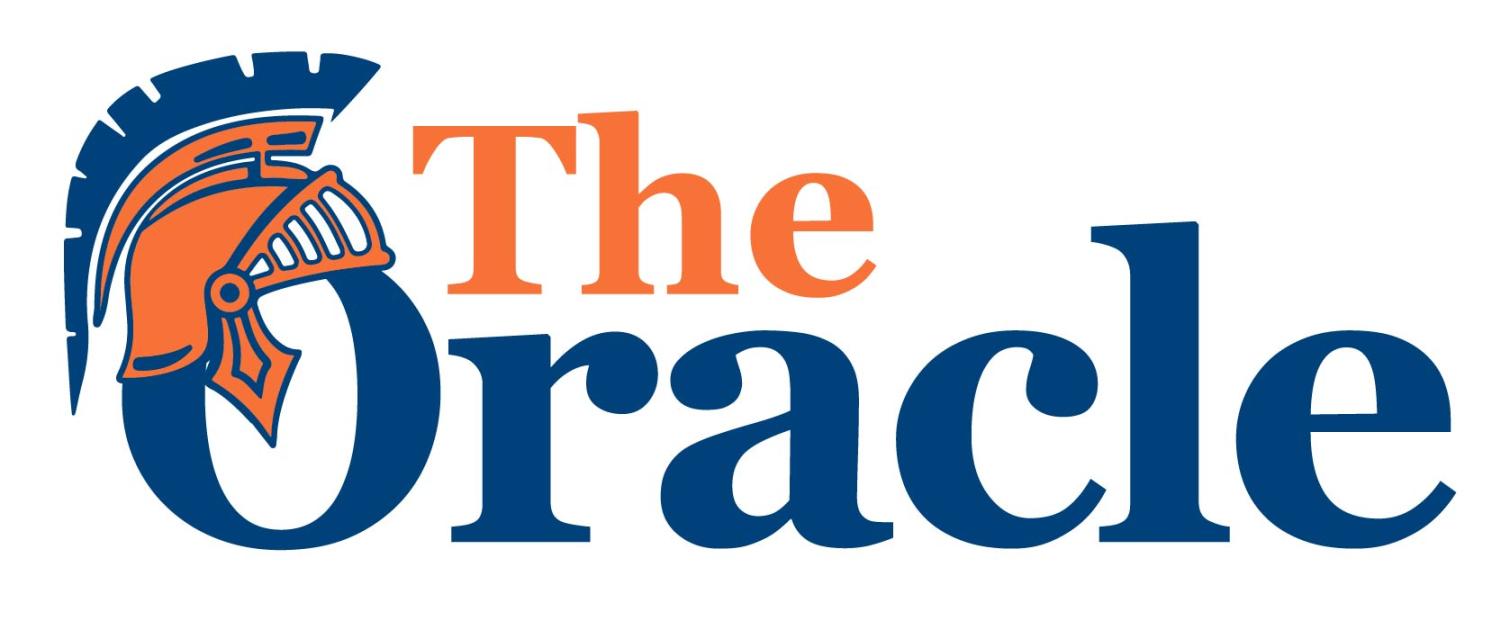APUSH as we know it is now history
For years AP United States History (APUSH) has rounded off hundreds of WS juniors’ course load, but next year that might not be the case as a new curriculum and exam raise the rigor of the course.
The APUSH curriculum is undergoing change that will be implemented in the 2014- 2015 school year, making it a more challenging course than ever before. Under the new standards, students will be expected to have a comprehension of our nation’s history to assert their opinions on specific historian’s theories and how events have created thematic trends in our country. In other words, the curriculum will be less specific, but the course will demand students to generate their own unique analysis of how history is entwined and creating core issues that still influence the issues Americans face today.
“It will have more emphasis on historiography, the study of history,” said APUSH teacher Joanne Pendry. “They say it’s designed to pause and go into things deeper – I hope that’s true.”
The exam format is also going under renovation and is expected to resemble an IB history exam or even an AP Lang exam, in that students will read short passages in order to answer a few questions. The multiple-choice section of the test will be shorter, putting more emphasis on the essay portion. The essay types will also be changed, leaving only the tried and true Document Based Question (DBQ) untouched. Despite all these changes, the core structure of the exam is essentially the same, consisting of a multiple-choice section followed by three essays: a short answer, DBQ, and long essay question respectively. These changes have rising juniors and APUSH teachers, especially nervous for change as AP scores are expected to drop.
“It has me scared for [the] above average, hard working student because the test will assess more aptitude than ability to study,” said Pendry.
Despite all of the expectations, some brave students are still planning on taking the class.
“I’m not too worried;” said sophomore Tori Klosko. “History is the easiest subject for me.”
It is speculated that one of the reasons for the curriculum change is that the exam has such a high pass rate that freshman level college history courses are not getting enough students, since so many are showing up with the AP credit already. Making the course more exclusive to a certain kind of student willing to take on the heavier course load limits how many will take the exam and pass with a high enough score to test out of freshman history at university.
To combat the harder expectations sophomores plan to change their study habits.
“I’m going to try to do my homework earlier and not procrastinate,” said Klosko.




![According to the FCPS Restorative Justice Brochure, restorative justice comes with seven primary goals. Part of building the welcoming community comes through the class circle process. “It’s voluntary and everything that is said there is confidential,” said counselor Monica Hayes. “It’s the beginning of those [strong] relationships [in the community].”](https://theoracleonline.org/wp-content/uploads/2024/04/unnamed-28.png)






